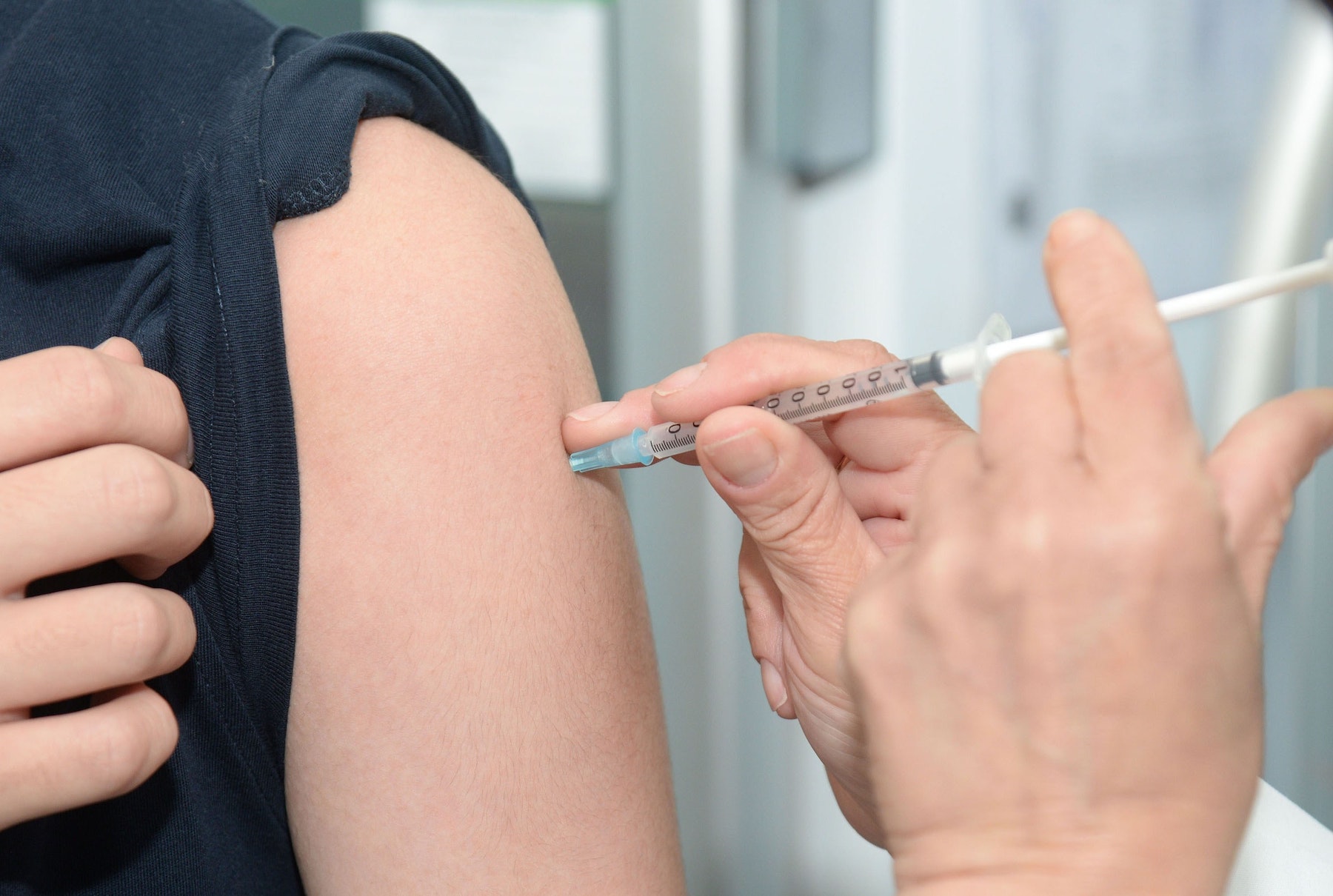Adam’s Journal
I recently read that the U.S. is preparing for possible “challenge” trials of coronavirus vaccines. How do these trials work, and how are they different from standard vaccine trials?
Dr. Prescott Prescribes
In a challenge trial, volunteers are inoculated with an experimental vaccine, which researchers have reason to believe guards against infection. Then, to test whether the vaccine offers protection, the volunteers are then exposed to a weakened form of a virus.
Theoretically, this kind of trial should deliver rapid and clear results. If the vaccine works, the volunteers don’t get sick. End of story, right?
However, as you can imagine, challenge trials face a number of hurdles. The first one is ethical.
No vaccines work 100 percent of the time. (The Food and Drug Administration has signaled that for approval of a coronavirus vaccine, it wants to see at least 50 percent efficacy.) So, even with a vaccine that’s effective in most people, some volunteers would end up getting infected.
To try and blunt this risk, scientists use a weakened form of the virus, which should cut the chances of volunteers developing severe or life-threatening cases. However, as no such form of the virus currently exists, this will take time. And even then, it’s far from guaranteed that some people won’t become severely ill – or die.
Because of these hurdles, Dr. Anthony Fauci has called challenge trials a “Plan C or Plan D” approach to vaccine testing, a sort of last resort. So long as there remain a sufficient number of cases circulating in U.S. communities, drugmakers will continue to test their vaccine in a more traditional way.
That means vaccinating large numbers of people with experimental vaccines or placebos, then seeing if those who received vaccines get sick at significantly lower levels than those who didn’t. For this approach to work, we need enough natural viral exposure to generate statistically significant results.
Given the country’s current viral levels, it seems likely that traditional placebo-controlled vaccine trials can generate results in the near future. Indeed, at least three are currently underway in their final phase in the U.S. Consequently, I don’t expect we’ll need to resort to challenge trials.



